New data has revealed that the United States has seen a spike in car repossessions, as many Americans are struggling to make their payments thanks to an ongoing period of high inflation and high interest rates.
Many Americans are struggling to pay many of their bills, resulting in more cases of car repossessions and extreme debt.
Car Repos Surge
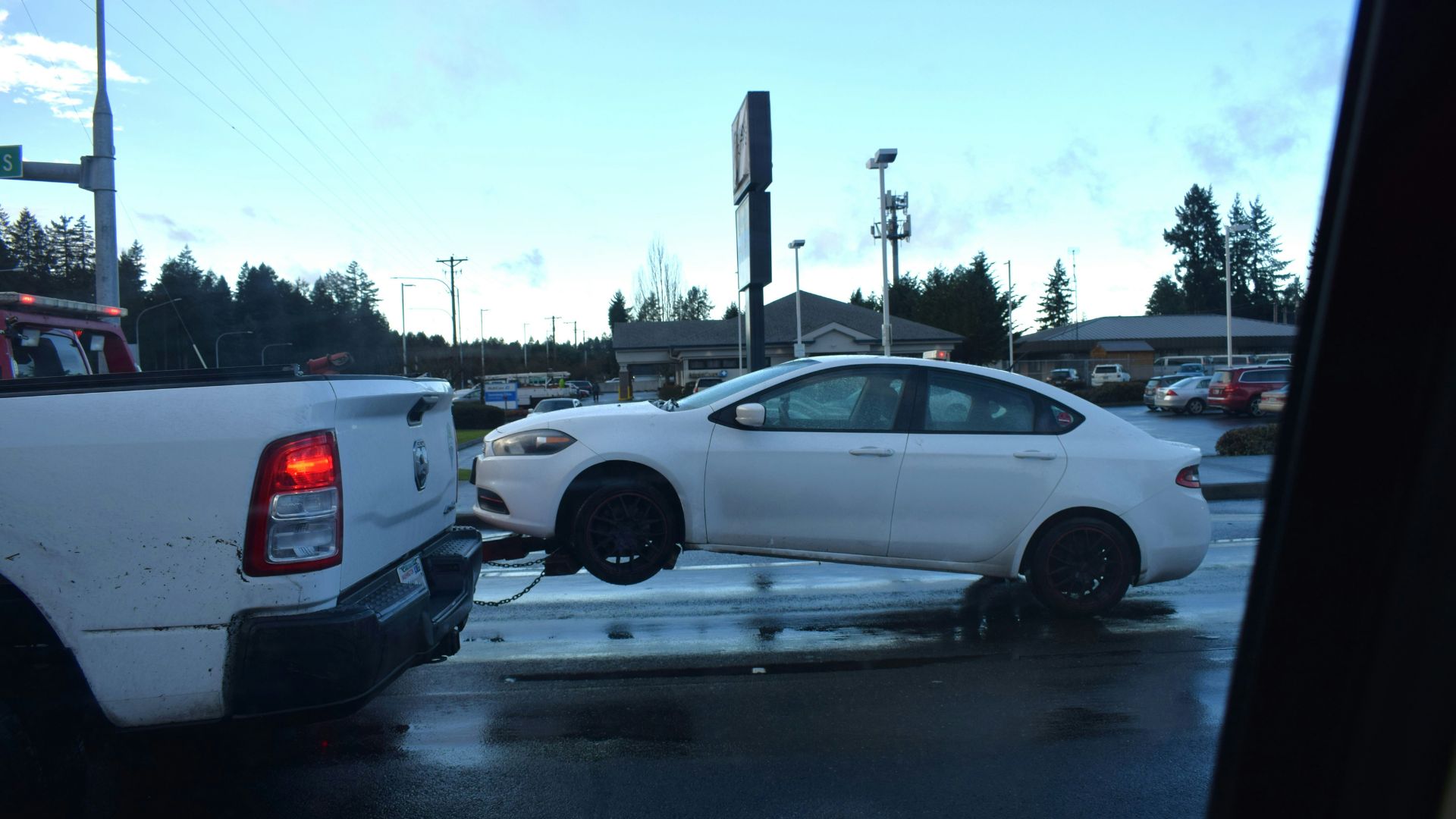
According to new Cox data, car repossessions have surged in just the first half of 2024 alone.
Data has revealed that more and more American borrowers are defaulting on the loans they had to take out to purchase their new or used cars.
A Huge Increase in Defaulting
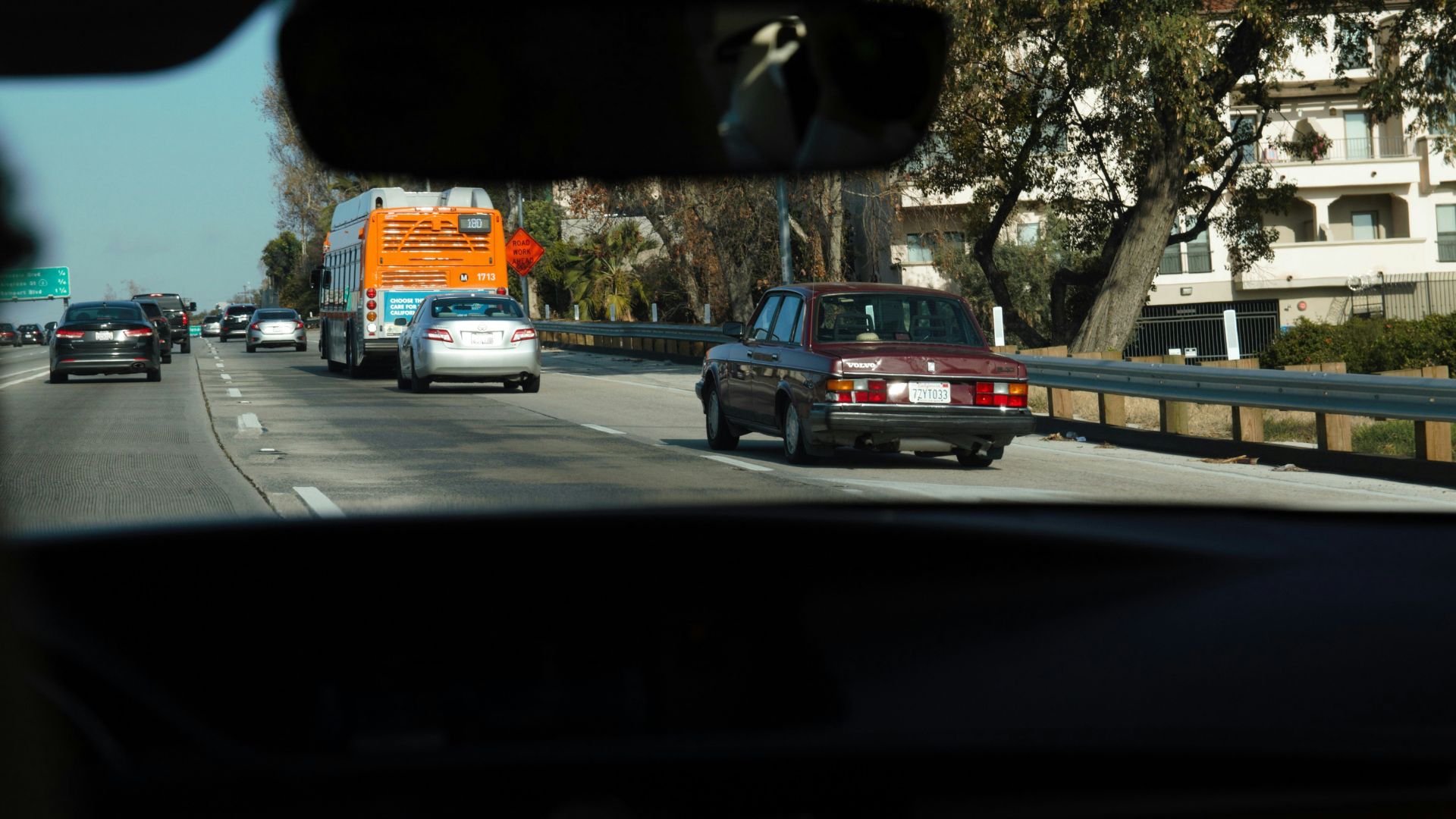
This data has explained that car repossession in the United States has increased by 23% when compared to data from the same time last year.
This increase in defaulting has led to more car repossessions. Repossessions only occur after a borrower has missed three or more months of their car payments.
An Ongoing Increase

This data further revealed that car repossessions have been steadily increasing since at least last year. However, 2024 has definitely seen a surge.
Since at least last year, Americans have struggled to afford many of their bills and loan payments, as they have had to deal with high interest rates and high inflation.
Car Payments Have Become Too Expensive
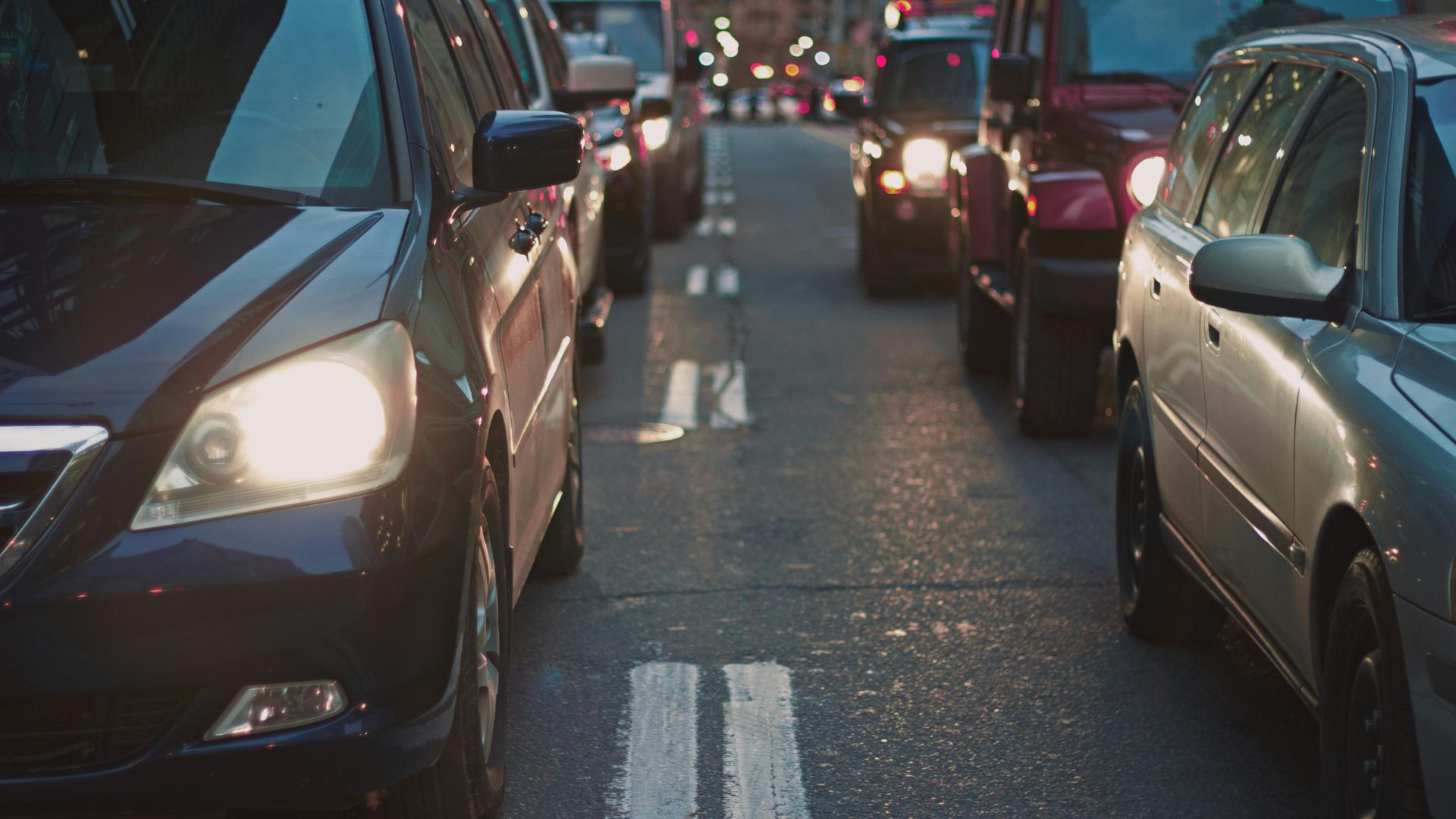
For many average Americans, car payments have simply become too expensive. They can no longer afford to pay these bills, which eventually leads to defaulting — and then to their car being repossessed.
Car payments have reached new record highs thanks to high interest rates and high inflation.
High Interest Rates on Auto Loans
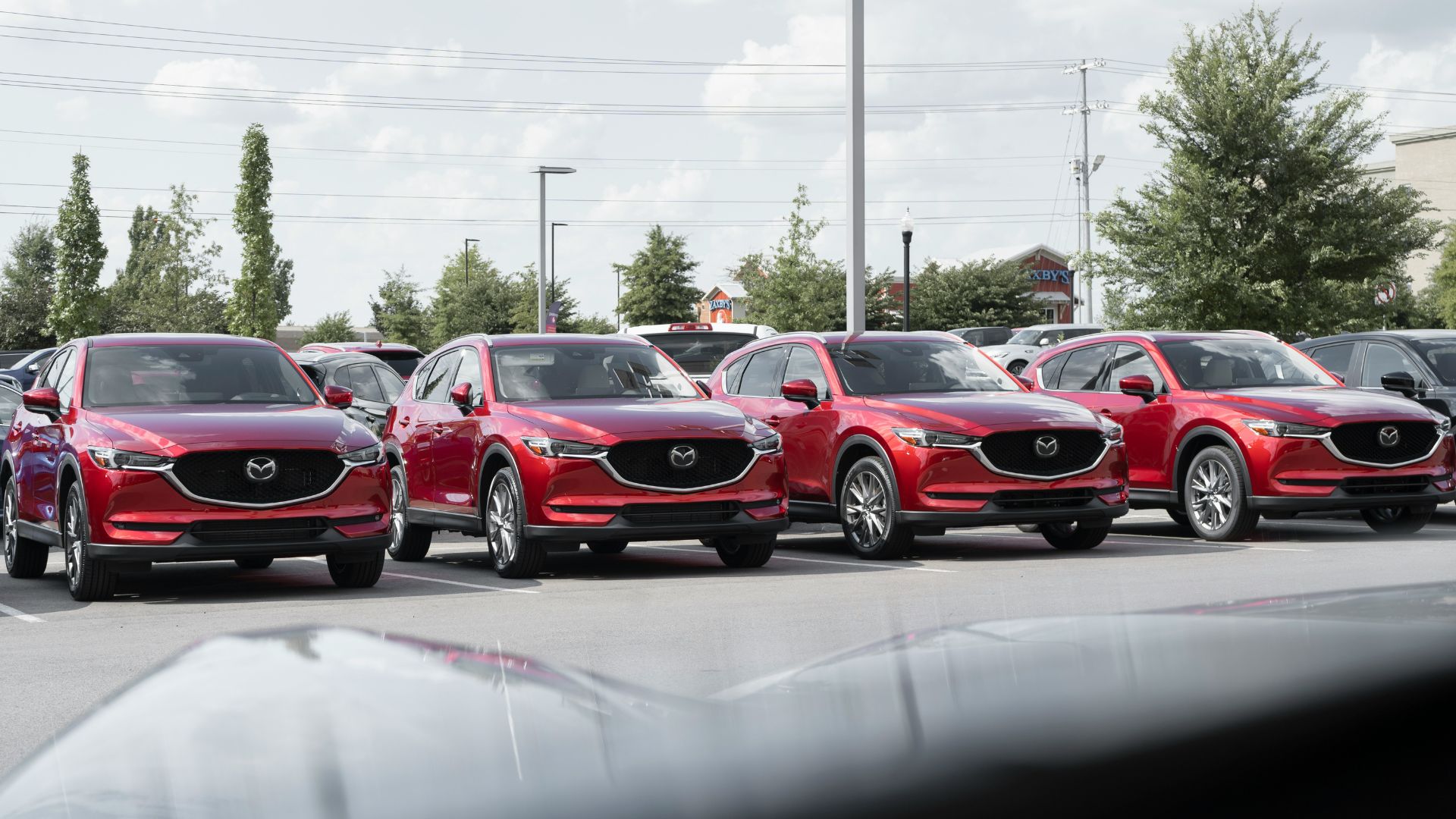
Other reporting has clarified why many Americans are getting their cars repossessed. Edmunds reported that the average interest rate on an auto loan is 7.3% for a new car.
This means that the average American car owner has to pay monthly payments of about $740 for a new car, and about $552 for a used car.
$1,000 Car Payments
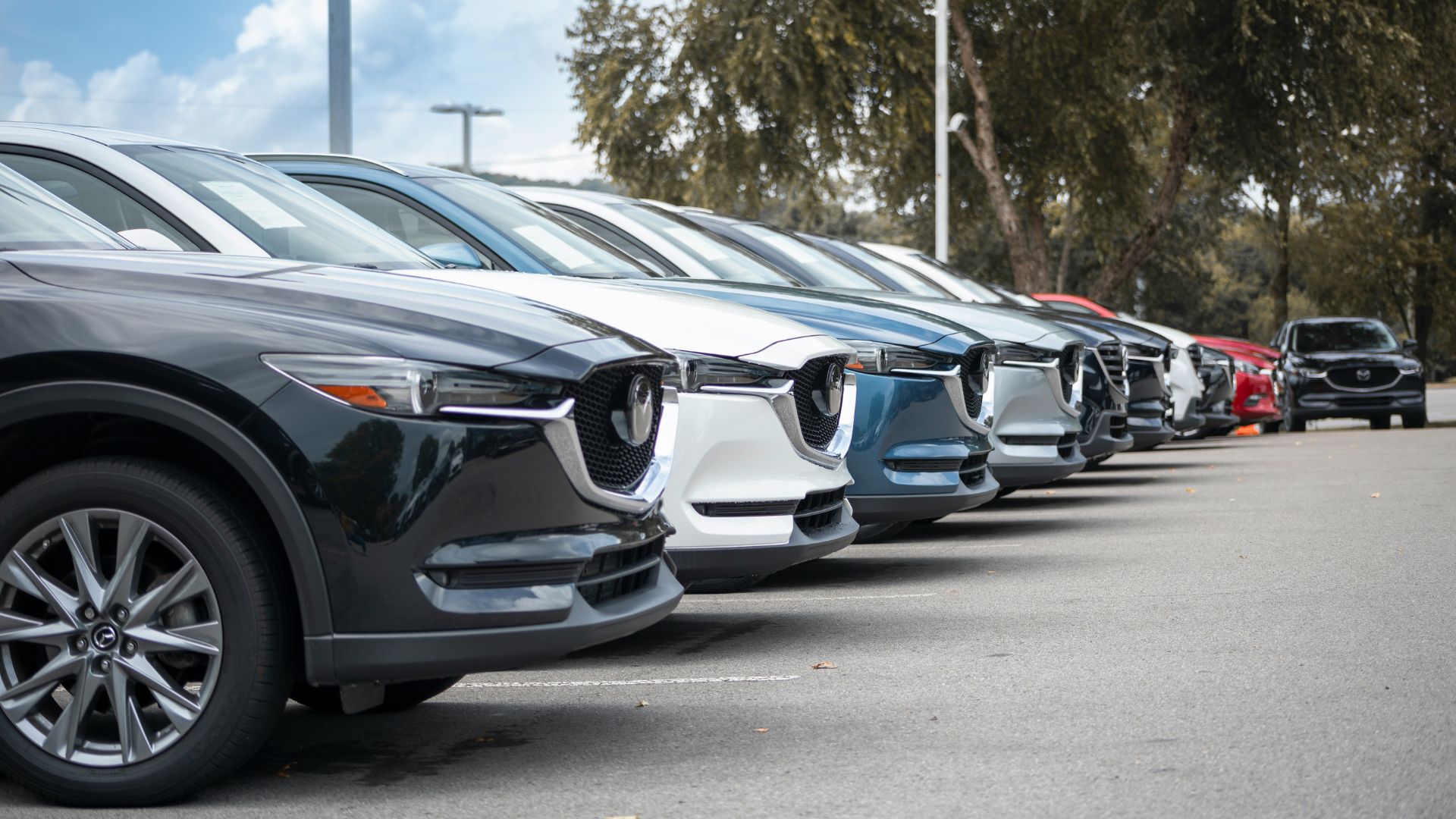
Some Americans are having to pay even more, as another report claimed that at least 17% of car owners are now paying more than $1,000 a month on their car payments.
These huge car payments are the result of the average price of new and used cars right now, which has risen in the past few years, as well as ongoing high interest rates.
A Huge Change in a Few Years
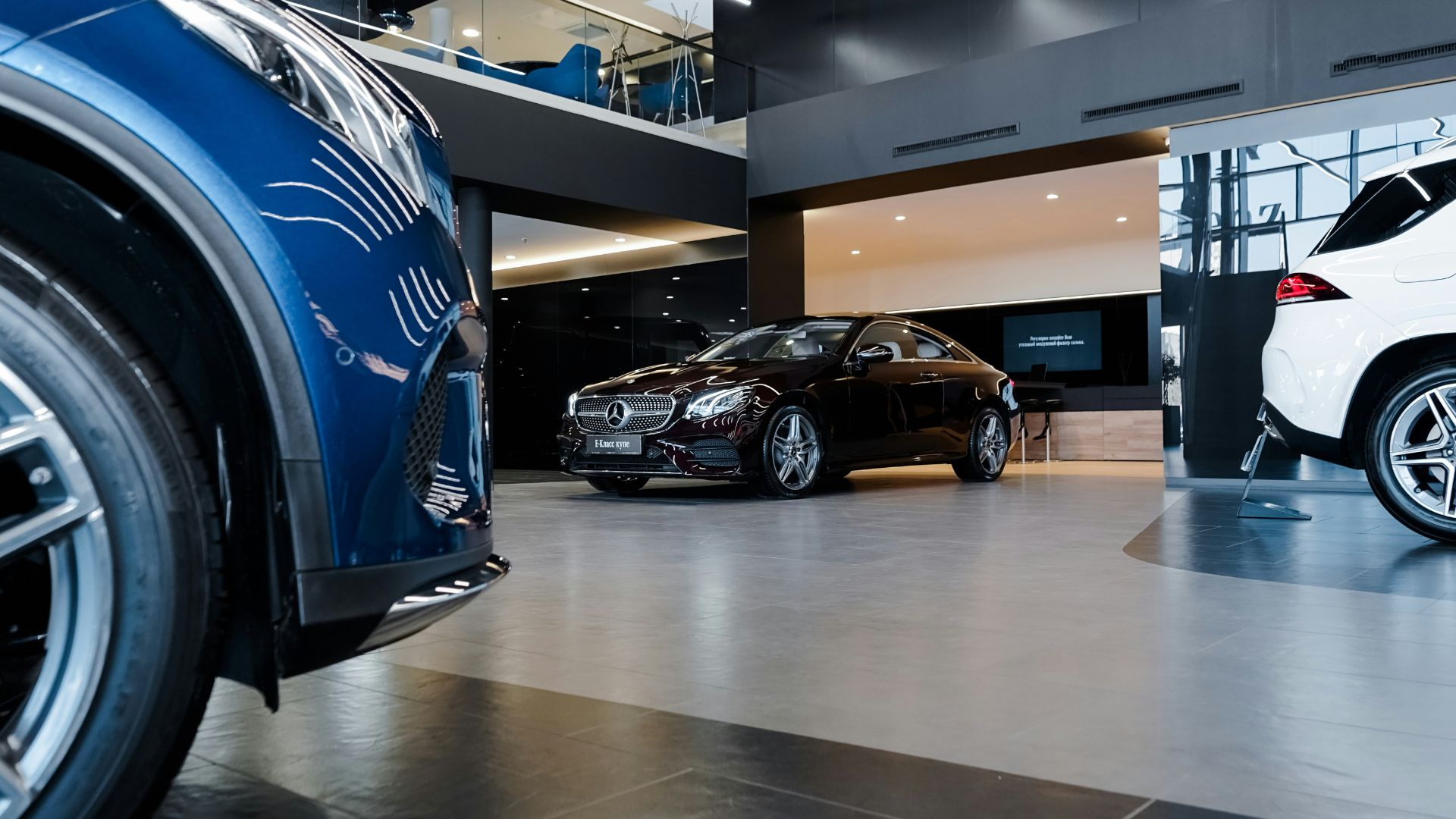
The current state of auto lending and borrowing has changed drastically in only a few years. During the pandemic, auto lenders worked hard to help people sign up for car loans, as rates were low.
Plus, many Americans had stimulus check money that allowed them to buy new cars. However, now many of these same Americans cannot afford their car payments as interest rates have hit new highs.
Americans Are Struggling

Car payments aren’t the only bills that have gone up. High inflation has caused many other bills to skyrocket. Plus, the price of goods and services has gone up across the board.
This has left many Americans struggling to pay for the bills and services they used to handle easily. As a result, borrowers are having to decide what bills they can and cannot pay for the month. Many have even chosen to file for bankruptcy.
Costs Are Rising
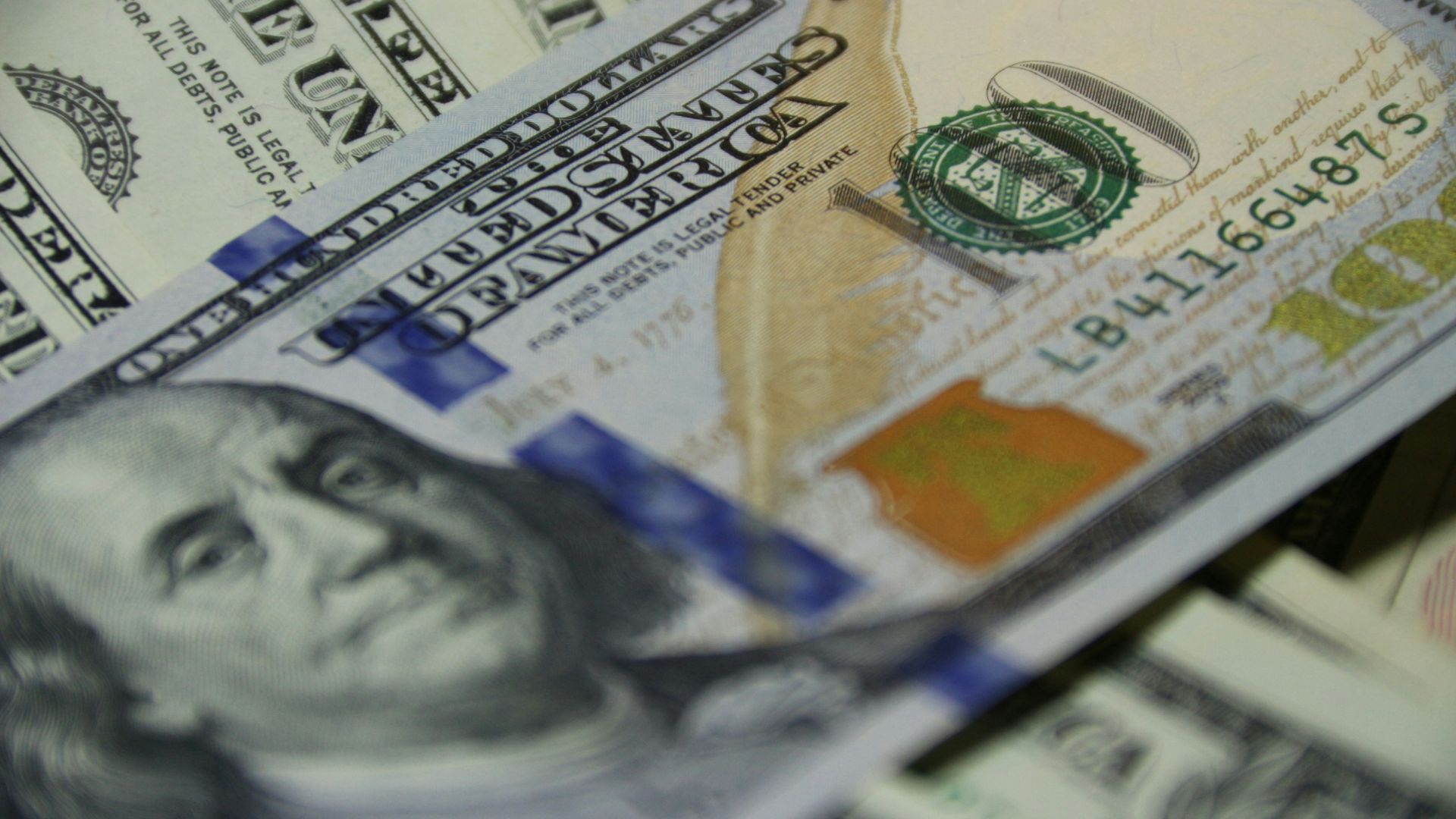
Jeremy Robb, the senior director of economic and industry insights at Cox, recently opened up about this issue with car repossessions and payments.
“When you think about the costs for rent and shelter and insurance, all those things hit consumers and they have to choose what they will pay. More people are getting behind on payments because everything is more expensive,” Robb explained.
Americans Cannot Afford to Buy a New Car
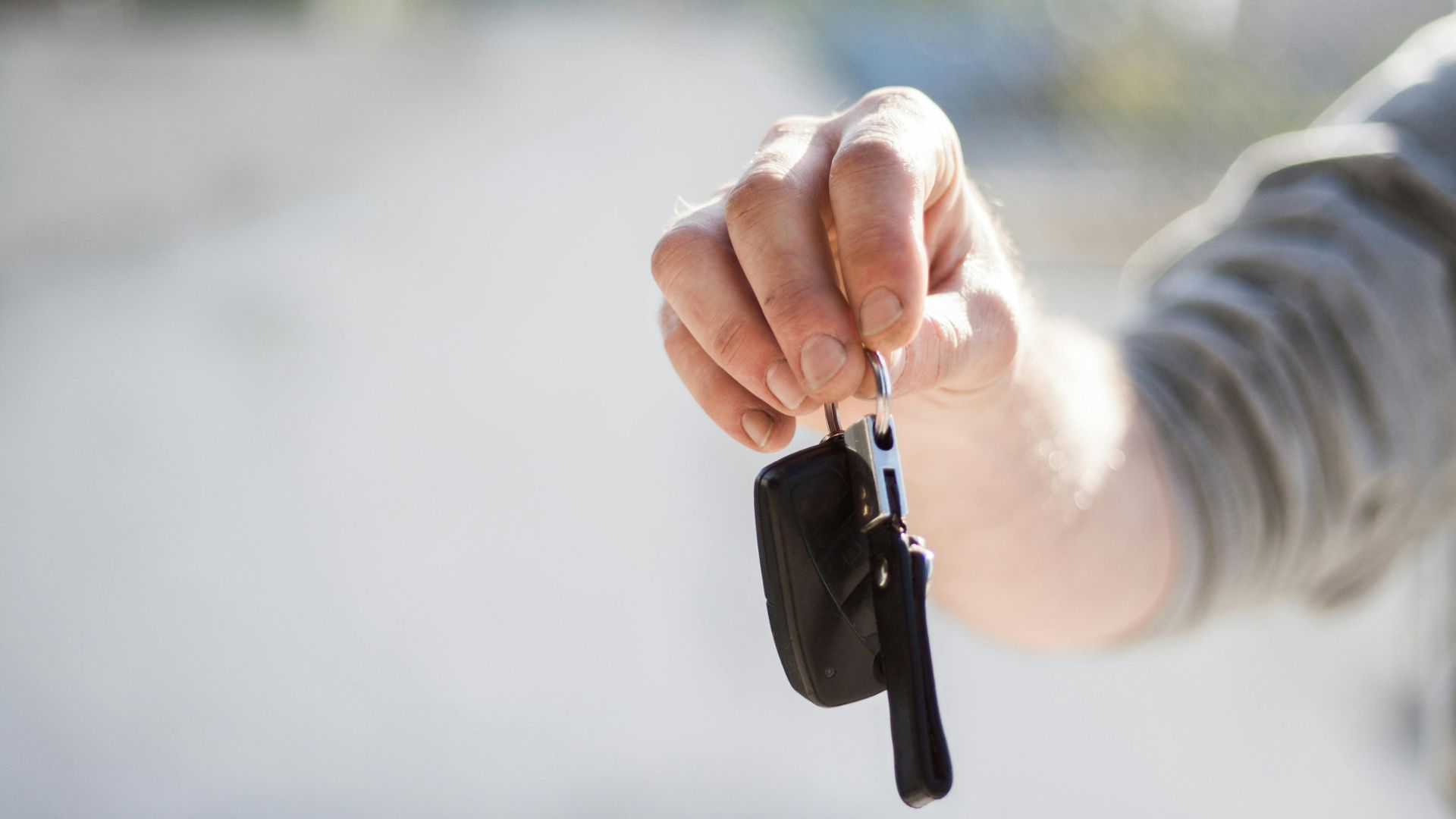
Some Americans need to buy a new car, as their current old model may be causing them issues. However, they feel they cannot do this, as many cannot afford the price of an average new or used car.
This has left many Americans continuing to drive around their old cars, even if they aren’t in the greatest condition.
The Struggles May Continue
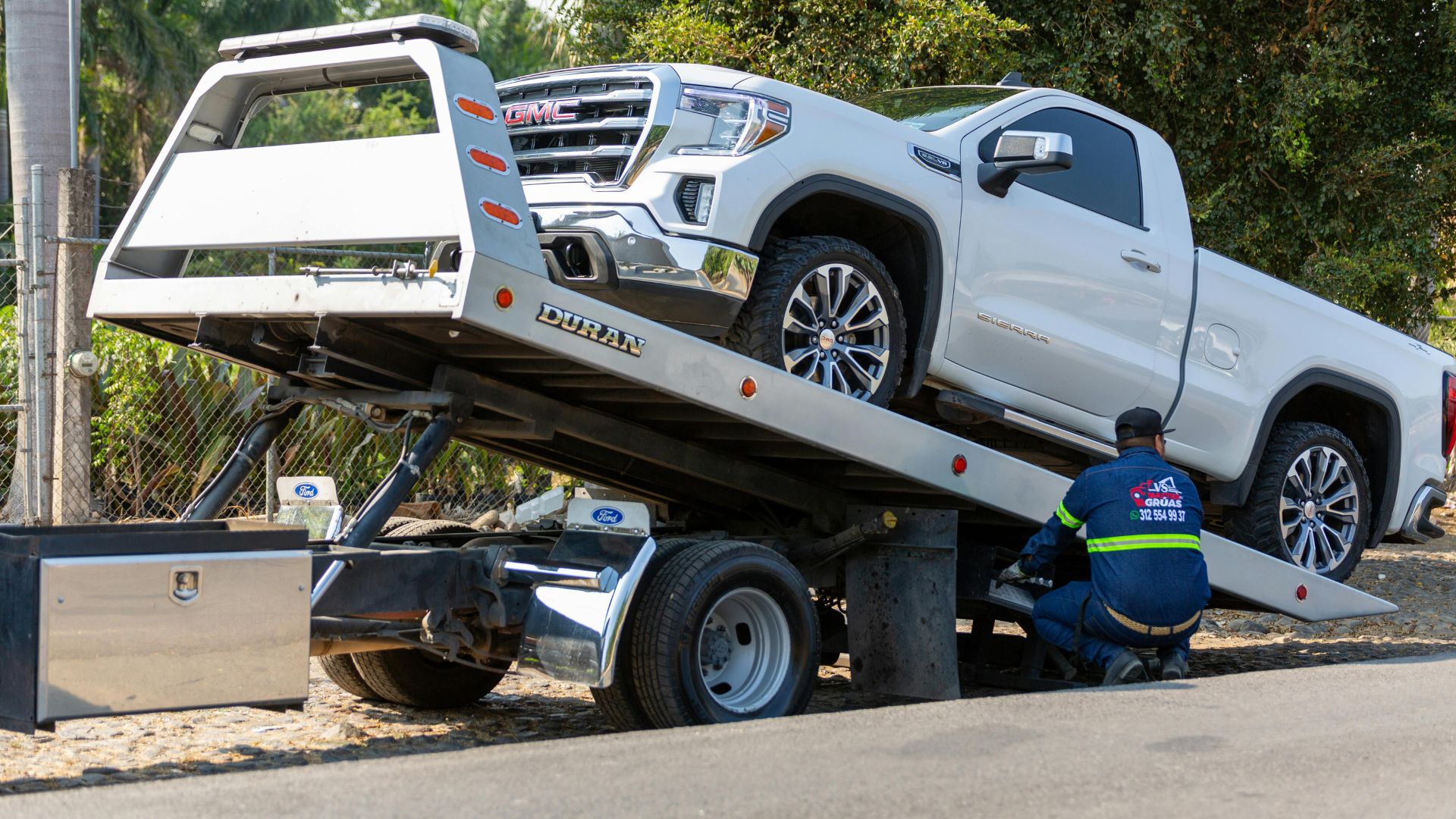
Unfortunately, Americans may have to continue to deal with these ongoing struggles, as there has been no indication that economic factors will soon change.
As a result, analysts have warned that repossessions and loan defaults may only continue to increase as the year progresses.
